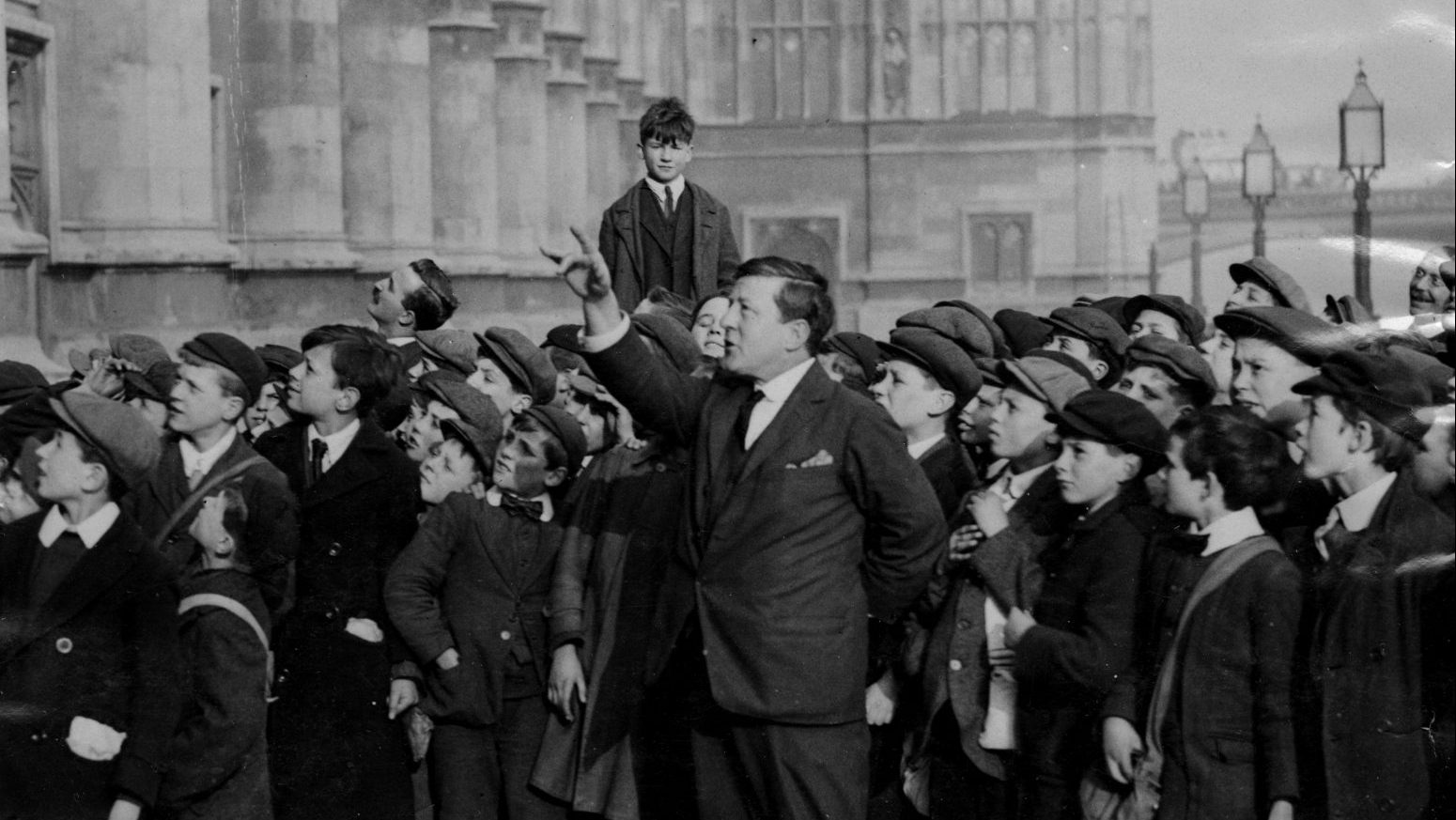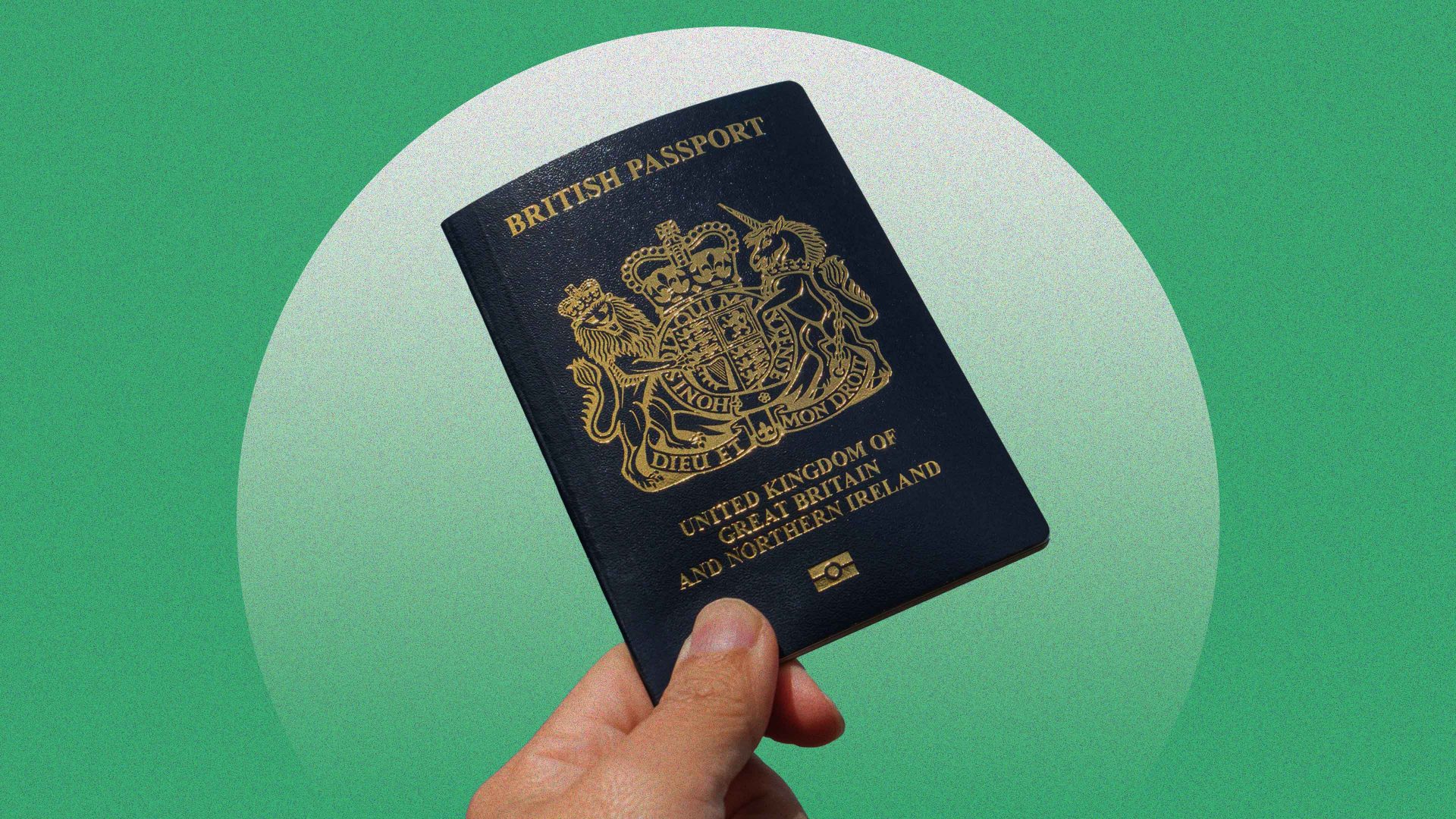Students are usually at the bottom of the list for most politicians and governments, which Rishi Sunak made all too clear with his preposterous proposals of National Service. Tuition fees, the minimum wage, the complete inaction over the climate crisis – the list of oversights and disregard in relation to Britain’s young people goes on; but perhaps the biggest betrayal of them all is the state of our political education.
For many people, including me, this has been the first general election in which we have ever voted. And yet, in the course of all the conversations and arguments, it has become apparent how little my friends know about the system that runs their lives.
When the election was announced, I was sitting in a Spanish primary school classroom, the children being taught about the difference between dictatorship and democracy. My phone was buzzing with an incoming stream of messages from home: someone said they’re going to try to cancel the election; Nigel Farage might become our next prime minister; do we vote for the members of the House of Lords as well?
The swell of worries and anxieties mixed with hope for change rolled across my phone screen, but it was all underpinned by a clear absence of knowledge. These messages were coming from intelligent, politically active women. And yet, when it comes to the fine print of how our democracy works, they were lost.
I went to school with a lot of them, right from year 7 all the way through to year 13. We had received pretty much the same education, but it was me they were turning to with their questions about how our voting system worked, who they should vote for to get rid of the Tories and how our government is formed.
And this was because, at age 16, I had chosen to study Politics and Government at A-level, and they had not. In fact, only five other students out of the 200 in my year group had chosen to study it too.
Under our current system, the right for us all to understand how our political system works is considered so unimportant that it is optional. But without access to even basic knowledge we can’t make an informed choice about whether to study it.
My friends’ questions about the basics of our political system did not come from a place of stupidity, but from having been denied access to that knowledge. For that, our education system is at fault.
A study done by the Rowntree Foundation in 2020, in the aftermath of the 2019 election, highlights this as a systemic problem. The study, Politics in schools: what exists and what works? found that, actually, not a lot exists in terms of resources, training or guidance for teachers to teach politics, or, as it is officially known prior to A-level, citizenship education.
In fact, the slow deterioration of both funding and official support for citizenship education as well as teacher training programmes led a 2018 House of Lords report to conclude that the decline of the subject was becoming a matter in urgent need of attention. And yet, in the four years since this report, not much has changed.
Perhaps as young adults, it is now our responsibility to educate ourselves about the ways of the adult world. But being denied even the most basic knowledge, how can young people even begin to know what they don’t know?
The ability to not only understand our political system, but also to question and criticise it, is being kept out of reach for both my generation and generations to come. The report also highlights that it is not only the students who are going without, but also the teachers, as many do not feel confident enough in their own knowledge of our economy and politics (let alone more international issues) to be able to teach it. As the younger generations pass into adulthood, the cycle of ignorance will only continue.
Too many are being left in the dark, their lack of understanding rendering them powerless and, in some cases, unable to take full part in the democratic process. There are gaping holes in our education system that are vulnerable to exploitation by certain politicians. How can a government be held accountable if the people don’t understand the democratic system?
Amelie Baker is a British student studying in Santander



